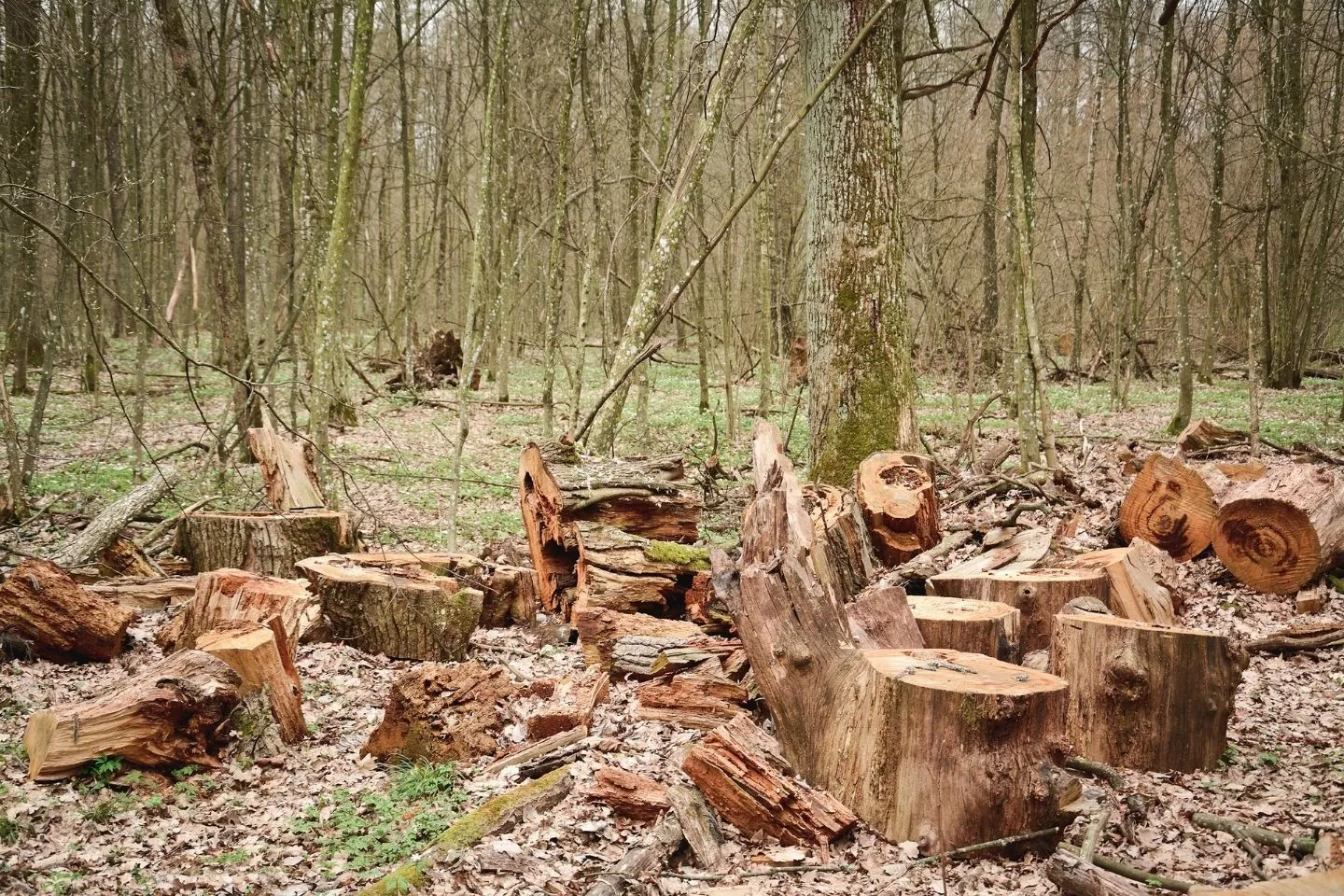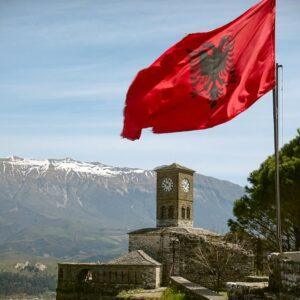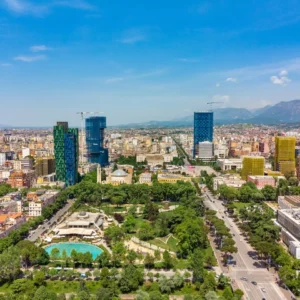Despite an official ban on logging, Albania’s forests continue to disappear – most of the wood ends up in Italy.
Despite an official moratorium on logging, Albania’s forests remain under massive pressure. As Deutsche Welle currently reports, a significant portion of the illegally harvested timber ends up on the Italian market. A strict logging and export ban has been in place in Albania since 2016, but the reality is quite different: according to research by DW and investigative environmental organizations such as EcoAlbania, illegal logging continues to flourish, not least to meet demand from Italy.
Italy’s rising demand fuels illegal logging
Italy is traditionally one of the most important buyers of firewood and timber from Albania. Demand explodes in winter in particular, and while the Italian authorities are apparently not looking too closely, according to DW, the plight of Albania’s rural population is growing. Many now earn their living from illegal logging. According to estimates by environmental organizations, large quantities of wood are still being exported from Albania to Italy – despite a moratorium and increased border controls (Deutsche Welle, 2024).
Devastating consequences for nature and society
Albania is considered one of the most densely forested countries in the Balkans. In recent decades, however, huge areas of forest have been illegally cleared, often in nature reserves. This has serious ecological consequences: erosion is increasing, and landslides and floods are becoming more frequent, as experts from EcoAlbania warn DW. For many villagers, selling wood is their only source of income, as there are no alternatives and unemployment is high. This creates a vicious circle that causes the forests to shrink further.
Weak management and sluggish controls
Although the Albanian Ministry of the Environment has repeatedly announced stricter measures in recent years, controls remain ineffective. According to Deutsche Welle, there is a lack of personnel, technology, and political will. In addition, local authorities in many places are involved in illegal activities or simply turn a blind eye.
Experts call for a rethink and sustainable solutions
Conservationists and environmental organizations are therefore calling on both sides – Albania and Italy – to finally take effective measures. These include stricter controls, the development of alternative sources of income for the rural population, and better regional cooperation in the fight against the forest mafia. Italian authorities also have a duty to check the origin of imported wood more consistently and to prevent illegal imports (DW, 2024).
Conclusion: Albania’s forests need more than a moratorium
Research by Deutsche Welle and statements by environmental activists make it clear that the moratorium alone is not enough as long as it is circumvented in practice. Without genuine reforms, cross-border cooperation, and economic alternatives for the affected regions, Albania faces the permanent loss of its forests – with dramatic consequences for nature and society.















Recent Comments